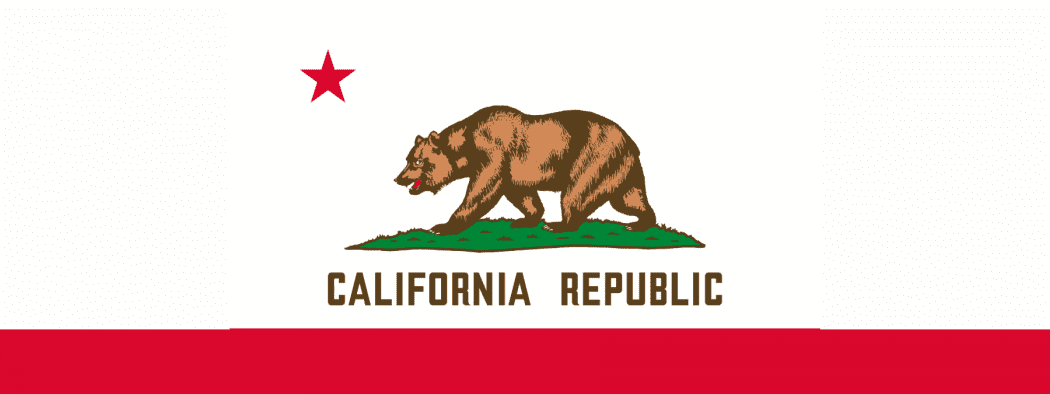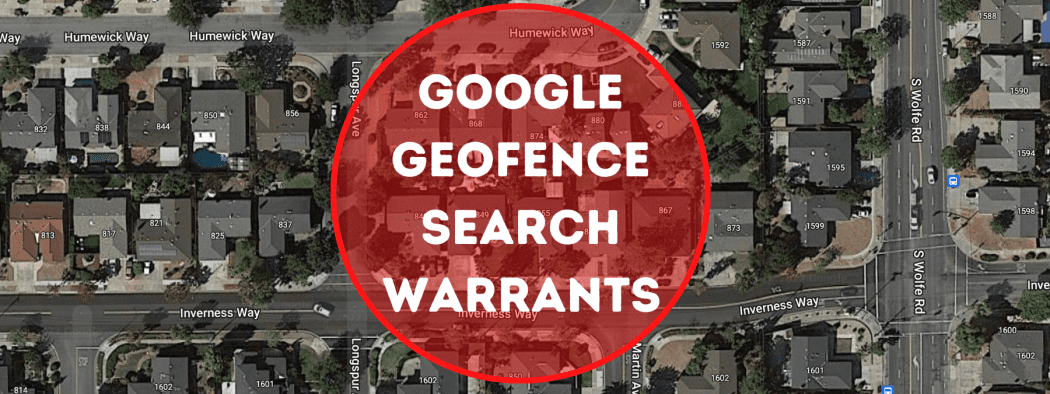In our previous blog post of the “Understanding Search Warrants” series, Particularity in search warrants, we learned what makes a good description of a search location or evidence, and what …
Understanding Search Warrants: Particularity in search warrants
In our previous blog post of the “Understanding Search Warrants” series, Expertise Statements, we explored what it takes to prove to the court that you know what you are talking …
Understanding Search Warrants: Expertise Statements
In our previous blog post of the “Understanding Search Warrants” series, About the search warrant document, we explored the composition and importance of search warrant documents, with a specific focus …
Understanding Search Warrants: About the search warrant document
Welcome to our exciting new blog series: Understanding Search Warrants. This article is about the search warrant document. In these posts, we’ll take a close look at search warrants and …
Writing Instagram Search Warrants
Instagram isn’t just for selfies and food photos—it can be a goldmine of evidence in a criminal investigation. Actions such as posting a photo or reel, sending a DM, or …
The role of a Special Master: Protecting sensitive & privileged documents.
As search warrant experts, we often get questions about “Special Masters” and the crucial role they play in search warrant processes. But what exactly does a Special Master do? How …
Understanding Search Warrants: Blanket Search Warrants
This article discusses overly broad search warrants and keep your warrant from being traversed.
California AB 1242: Search Warrant Abortion Attestation
On September 27, 2022 the California State Governor passed AB 1242 into law, effective immediately. The California law impacts search warrants, pen register, trap & trace, and wire tap in all 50 states. Simply put, electronic service providers based in California are prohibited from complying with legal process if the investigation involves abortion.
Search warrants, regardless what State they are written in, must include an attestation that the evidence sought is not related to a prohibited violation regardless of what State they are issued from.
Writing Google Geofence Search Warrants
The Google geofence is the criminal investigative technique that many consider a “magic pill” for their cases. It has the unique ability to identify unknown suspects, but it has limitations. …
Writing Snapchat Search Warrants
Snapchat is one of the most popular social media apps worldwide; with over 106 Million daily active users in the United States, Snapchat is likely to be a part of …










